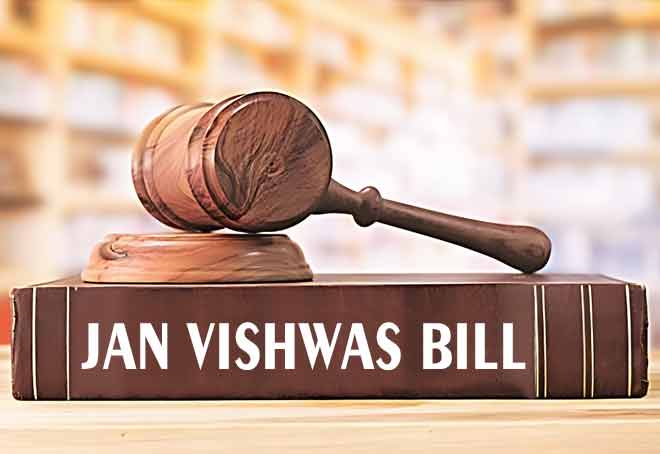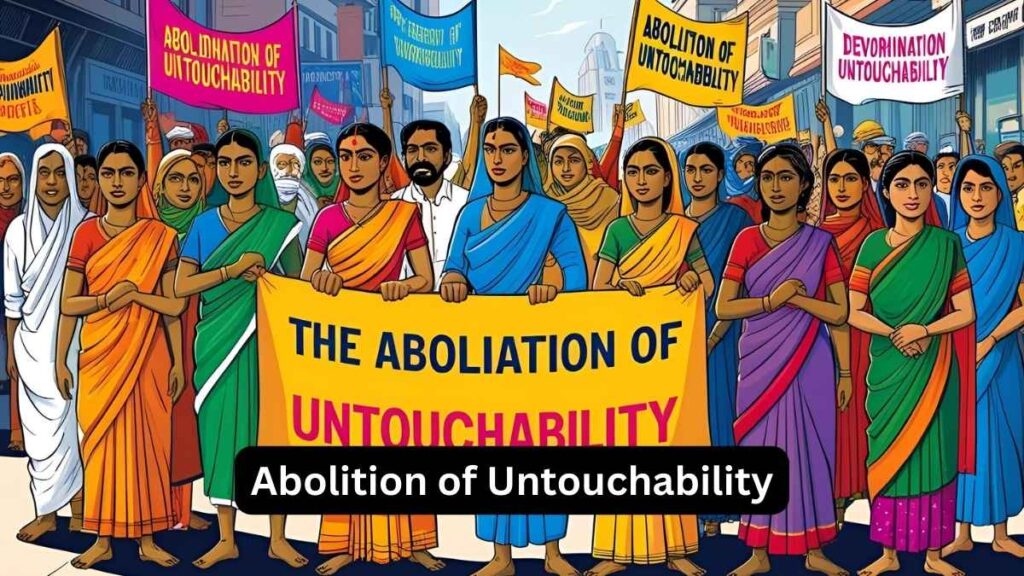India-Singapore Economic Collaboration
Context:
Recently during the 2nd India-Singapore Ministerial Roundtable (ISMR), Union Commerce & Industry Minister Piyush Goyal held discussions on bilateral trade and investment with global business leaders, including Temasek Holdings, DBS Bank, OMERS, Keppel Infrastructure, and TVS Motor Company in Singapore.
Key outcomes of the visit:
- Focus Areas: The discussions centred on increasing trade and investment in sectors such as small and medium enterprises (SMEs), sustainable development, and family-owned businesses.
- Skill Development Initiatives:: Shri Goyal visited the Institute of Technical Education (ITE) Headquarters and ITE College Central in Singapore to explore collaboration opportunities in developing future-ready skills for various industries.
- FDI and Trade Relations: Singapore was the largest source of FDI for India in 2023-24, with $11.77 billion in inflows, and the 6th largest global trade partner with a total trade of $35.61 billion.
India- Singapore Economic Relations:
Trade Relations:
- Bilateral Trade Volume: In 2022-23, bilateral trade between India and Singapore reached $35.58 billion, marking an 18% increase from the previous year. Singapore is India’s 8th largest trade partner and the largest in the ASEAN region.
Exports and Imports:
- India exported goods worth $11.99 billion to Singapore in 2022-23, with major exports including petroleum products, ships, and precious stones.
- Singapore is also a significant source of imports for India, particularly in electronics and chemicals.
Foreign Direct Investment (FDI):
- Leading Source of FDI: Singapore is the largest source of FDI into India, with cumulative investments amounting to approximately $159.94 billion from April 2000 to March 2024. This accounts for a substantial portion of total FDI inflows into India.
- Sectoral Investments: Key sectors attracting FDI from Singapore include services, computer software and hardware, telecommunications, and pharmaceuticals.
Comprehensive Economic Cooperation Agreement (CECA):
- The Comprehensive Economic Cooperation Agreement, signed in 2005, has facilitated trade by eliminating tariff barriers and promoting cooperation in various sectors, including education, intellectual property, and technology.
- Digital Payments Integration: In February 2023, India’s Unified Payments Interface (UPI) was integrated with Singapore’s PayNow, enabling faster remittances and enhancing financial connectivity between the two nations.
Energy Sector: Cooperation in oil and gas, renewable energy.



